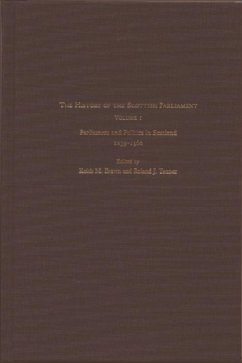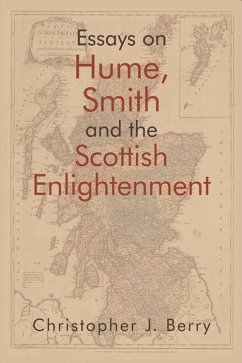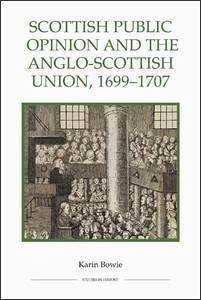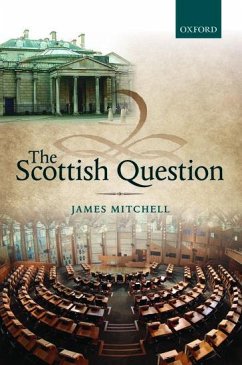Nicht lieferbar

Revolution or Evolution? the 2007 Scottish Elections
Versandkostenfrei!
Nicht lieferbar
Revolution or Evolution? The 2007 Scottish Elections John Curtice, David McCrone, Nicola McEwen, Michael Marsh and Rachel Ormston The Scottish parliamentary and local elections of 2007 were significant for two key reasons: the SNP was brought to power for the first time in its history, posing a fundamental challenge to the 300-year Scottish-English Union; and the local elections used the Single Transferable Vote - the first time such an electoral system has been used in Great Britain since 1945. This book explores the significance of these two developments, asking whether they herald a revolut...
Revolution or Evolution? The 2007 Scottish Elections John Curtice, David McCrone, Nicola McEwen, Michael Marsh and Rachel Ormston The Scottish parliamentary and local elections of 2007 were significant for two key reasons: the SNP was brought to power for the first time in its history, posing a fundamental challenge to the 300-year Scottish-English Union; and the local elections used the Single Transferable Vote - the first time such an electoral system has been used in Great Britain since 1945. This book explores the significance of these two developments, asking whether they herald a revolutionary break with the past or simply mark a continuing evolution of existing patterns of Scottish politics. It uses a unique source of evidence - representative high quality annual sample surveys of the Scottish public that since 1999 have regularly measured how people in Scotland have reacted to devolution and how they have behaved in elections. Readers will gain an unparalleled insight into the identities, attitudes and electoral behaviour of people in Scotland during the first decade of devolution. John Curtice is a Professor of Politics and Director of the Social Statistics Laboratory at Strathclyde University, and Research Consultant to the Scottish Centre for Social Research. David McCrone is a Professor of Sociology, and co-director of the University of Edinburgh's Institute of Governance. Nicola McEwen is a Senior Lecturer in Politics at the University of Edinburgh and Associate Director of the University's Institute of Governance. Michael Marsh is a Professor of Comparative Political Behaviour and Dean of Arts, Humanities and Social Sciences in Trinity College Dublin. Rachel Ormston is a Research Director at the Scottish Centre for Social Research and co-director of the Scottish Social Attitudes survey.














